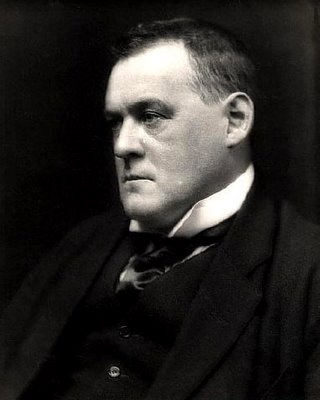After we read Pyle’s first collection of Arthurian tales, I had the students write a ballad on any of the stories from that book. With a little guidance on form and an example poem to imitate, one boy was able to come up with this in study hall.
Sir Pellias and the Red Knight
By Cameron (a student in my 8th grade class)
Pellias rode to lands afar
Upon a noble quest,
To prove to everyone, by far,
Queen Guinevere was best.
But while upon his journey there
He heard the woeful cry
Of a damsel in great despair
As she was passing by.
She told of a knight clad in red
And of the castle great,
Her husband smote upon the head,
And brought within its gate.
Now Pellias doth take offense
To any knight so cruel,
So with the maid he traveled thence
To challenge that knights rule.
When he arrived he found that all
Was just as had been said;
The castle lord came riding tall,
His armor deep in red.
Quoth the knight, “I know not who thou art
Or what thy business be,
But if thou wilt not soon depart,
Then I shall strike at thee.”
Said Pellias, “ Wouldst thou attack
A man who has no shield?”
The knight: “If though will not turn back
We shall battle on this field.”
Pellias was shocked to hear
A knight would do such thing,
But then the knight came riding near
Intent with pain to bring.
A weapon suited to a fight,
For Pellias did search,
He hurled a stone with all his might,
The knight knocked from his perch.
The Gentle Knight ran to his foe,
And kneeled on bended knee
The Red Knight said: “I’m beaten, I know,
And yield myself to thee.”
**********************************************************



